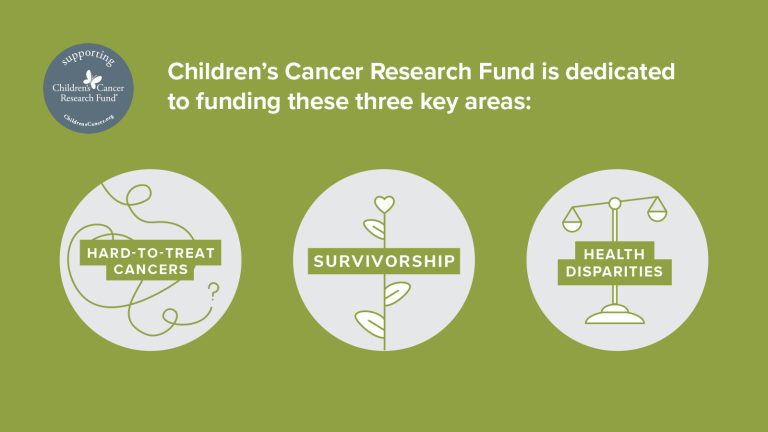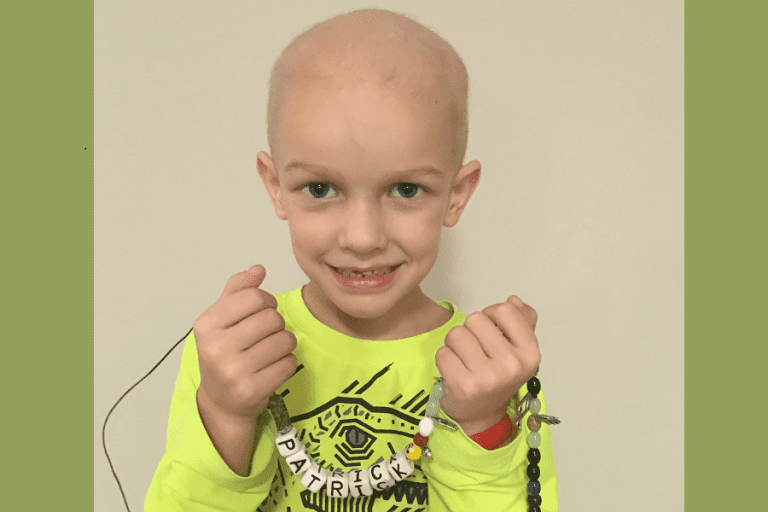When communicating with your child about their cancer diagnosis, it’s important to realize that you know your child better than anyone. For parents, this is an extremely difficult and overwhelming time. You want to protect your child, not only from the cancer, but also from the worry that comes with having a cancer diagnosis. While parents are sorting through their own fears and confusion, they must also face the task of educating their child of their diagnosis. Delivering this news is not easy. Below are age-related suggestions to keep in mind as you work with your child through these challenging times.
Note: These tips are just a starting place. Talk with your care team about the best way to have important conversations about what your child is going through.
If your child is less than 1 year old:
Skin-to-skin contact is best when comforting your baby. Bring your child’s favorite toy or blanket with you when traveling from home to the hospital. Talking and singing to your child is very soothing to them since they recognize a familiar voice. It’s important to try and keep up with normal routines such as feeding and bedtime on a daily basis.
If your child is 1 to 2 years old:
Toddlers love to play, so find safe ways to allow your child to play with their favorite toys. This is the age when they start to make their own choices. Allow them to choose a sticker or a flavor of medicine when given the opportunity. Tell your child ahead of time if something will be painful. Without doing so, your child may become anxious and fearful.
If your child is 3 to 5 years old:
Similar to a toddler, prepare your child ahead of time if something will hurt. You may distract them by singing, reading a story, telling jokes or giving them a stuffed animal to hold. If permitted by a doctor, show your child the models, machines or supplies (tubes, bandages or ports) to help them understand their treatment better.
If your child is 6 to 12 years old:
Children at this age often have many questions. They understand that medicine and treatments are used to help them get better. What they don’t understand is what to expect during the treatment. Thus, it is important to be ready to answer any questions your child may have or be willing to find the answers together.
If your child is a teenager:
Find ways for your teen to stay connected with their friends. Teens focus on how cancer changes their everyday life and relationships. They may find that they are worried and upset about how cancer has isolated them from their friends. It’s necessary for them to maintain those relationships the best they can given their circumstances. Remember to provide your teen the space and freedom they had prior to their diagnosis, and to include them in treatment decisions.
Source: https://www.cancer.gov/about-cancer/coping/caregiver-support/parents
For more tips on how to help your child cope throughout cancer treatment, check out these posts:
Fighting Isolation as a Cancer Parent
Your donation makes their fight easier.
Kids fighting cancer go through a lot - but you can make their treatments easier and more effective. Your donation will fund groundbreaking research that makes better, safer treatments possible for children and teens fighting cancer.




